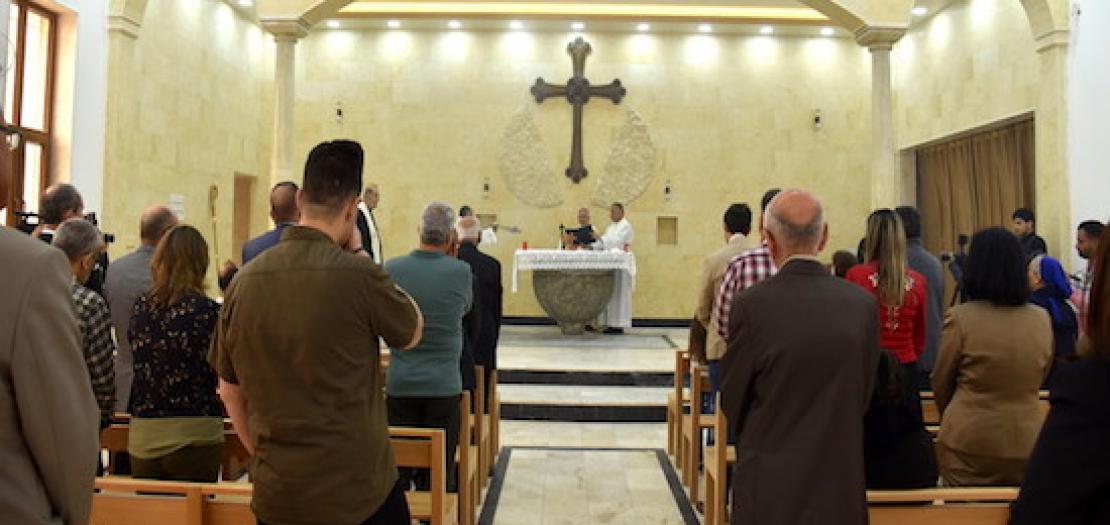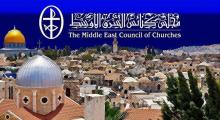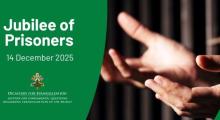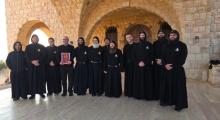Issued by the Catholic Center for Studies and Media - Jordan. Editor-in-chief Fr. Rif'at Bader - موقع أبونا abouna.org

One-and-a-half years after the liberation of Mosul, a handful of Christians have gathered to celebrate the resurrection of Christ in the only church still standing in that Iraqi city.
This is an act of resistance, as the majority of Christians who once lived here are afraid to return to the former Iraqi headquarters of ISIS.
"Celebrating the resurrection of Christ, here in Mosul, in this war-torn city, is a powerful symbol."
With these words Archbishop Najib Mikhael Moussa of the Chaldean Archeparchy of Mosul begins the service. It is a Mass sung in Arabic, punctuated by Aramaic, the language of Christ, according to Chaldean rites.
Around 40 worshippers are celebrating Easter Mass in the small church of Saint Paul; it's the only restored church in the city. The terrorist organization, now defeated, practiced a scorched earth policy, burning down all Christian places of worship.
"For me, it is always deeply emotional to come to Mosul," said Sister Elichoua, a member of the Little Sister of Jesus congregation who is originally from the region. "It will take time for Christians to work through the trauma they have experienced, but I hope that one day we will be able to return and live in peace with other communities.
Before ISIS took over the city, there were more than 15,000 Christians in Mosul. However, in spite of the defeat of the jihadists, only about 30 families have returned to the city.
"It is time to return to our homes," Elichoua goes on. "The Muslims themselves are asking us to come back! God will show us the way."
A HEAVY ATMOSPHERE
There is a heavy atmosphere at this Easter celebration, and the worshippers are austere and serious. Her head covered by a black veil, a woman intones the psalms in a cloud of incense. The small gathering respond soberly.
Most of them no longer live in Mosul, but the hope to return in on everyone's lips.
"On this feast day, I call on all my Christian brothers and sisters in Mosul to convince their loved ones to return," said Youssef, who moved back to Mosul a few months ago. "This is our home. When I came back, my Muslim neighbor handed me my house keys and said, 'Here. You are home.' He had looked after my house while I was gone."
MANY OBSTACLES TO RETURNING TO MOSUL
For most of Mosul's exiled Christians, returning seems impossible.
Shahed, a woman in her sixties, sought refuge in Ankawa, the Christian enclave in the city of Erbil, in Iraqi Kurdistan. She fears for her safety if she returns to Mosul.
"Our community suffered terribly," she said. "As long as the situation remains unstable, the churches are not rebuilt and the archbishop is not back, I will not return to Mosul."
These fears are shared by most Mosul Christians, who saw their homes pillaged and destroyed by the jihadists and their supporters. Some of the people they knew, sometimes even their neighbors, collaborated with ISIS.
"The relationship of trust that united the people of Mosul has to be re-established," said Lo?s de Pampelonne, a director of l'Œuvre d'Orient (a French Catholic association dedicated to aiding Eastern Christians) in Iraq. "Christians are prepared to make many sacrifices in order to return home but, at present, the obstacles to returning remain numerous – beginning with the security situation and the lack of any Christian schools."
Even Moussa does not currently live in the city of which he is the archbishop. He gives as the main reason the absence of a presbytery that he can live in, as the adjacent buildings to Saint Paul's Church have not yet been reconstructed.
Another reason, silent but obvious, is the memory of the atrocities committed against Christians, and the murder of his predecessor, Archbishop Paulos Faraj Rahho in 2008.
These crimes are anchored in people's memories, and their ideological roots remain.
"ISIS still exists," the archbishop said. "More than 30,000 children were brainwashed by the jihadists. The education of children and young people must be a priority."







